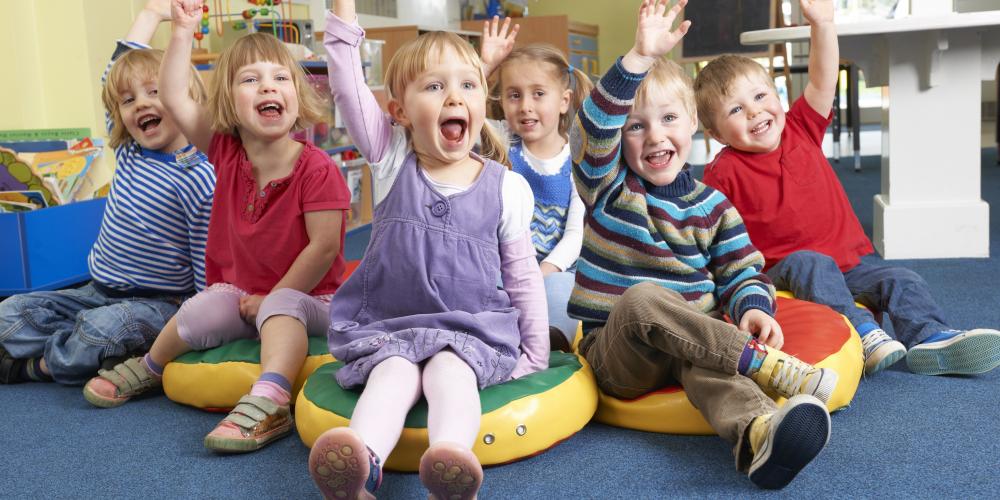
Research by Vrije Universiteit Brussel sociologists Dounia Bourabain and Pieter-Paul Verhaeghe and UGent sociologist Peter Stevens investigated the presence of ethnic and class discrimination in the enrolment procedure of Dutch-speaking kindergartens. Correspondence tests were carried out to test the discrimination grounds of ethnicity and class background. The results show that parents of Maghreb and Sub-Saharan origin are less often invited to enrol their child. The results also show that class background plays an important role, with parents of Belgian origin from the lower social class less often invited for a guided tour compared to middle-class parents.
The research was carried out based on correspondence tests in which six fictitious candidates contacted a school. Emails were sent to 2,243 schools – i.e. all (as of 2018) Dutch-speaking kindergartens in Flanders and Brussels – in which they were asked for information and the possibility of registering at the school, as well as to arrange an appointment to visit the school. The emails were almost identical, with the exception of the ground for discrimination. Ethnicity was presented based on the name and surname of the father and child, while class was expressed by offering information about the person’s job. Based on the responses, the group of parents most often invited to register and/or visit school was then identified.
The results show that parents of Belgian origin had a 70% chance of enrolling their child, while this almost halved for parents of Sub-Saharan origin (40%) and of Maghreb origin (38%). “What the results show is that free choice of school is not available to everyone. Schools behave like gatekeepers for various reasons and have a great influence on the composition of their population. This perpetuates school segregation, which has only increased in Dutch-speaking education in recent years,” explains Bourabain.
There was also an ethnic and class difference in being invited to visit a school. Parents of Belgian origin had a 70% chance of being invited, while parents of Sub-Saharan origin had a 31% chance and parents of Maghreb origin a 32% chance. But parents of Belgian origin from the lower social class were also half as likely to be invited compared to middle-class parents of Belgian origin. “It demonstrates that schools mainly invest time in ‘model students’, students who are more in tune with school culture and therefore need less investment to complete their school careers,” explains Bourabain.
“The registration system is only mandatory in municipalities with a shortage of capacity. So it is assumed that in municipalities without a shortage of capacity, everyone has a fair chance of enrolling, which is not the case,” Bourabain adds. That’s why the researchers advise renewed attention to creating a central registration system that also takes into account the preservation of a social mix in schools.